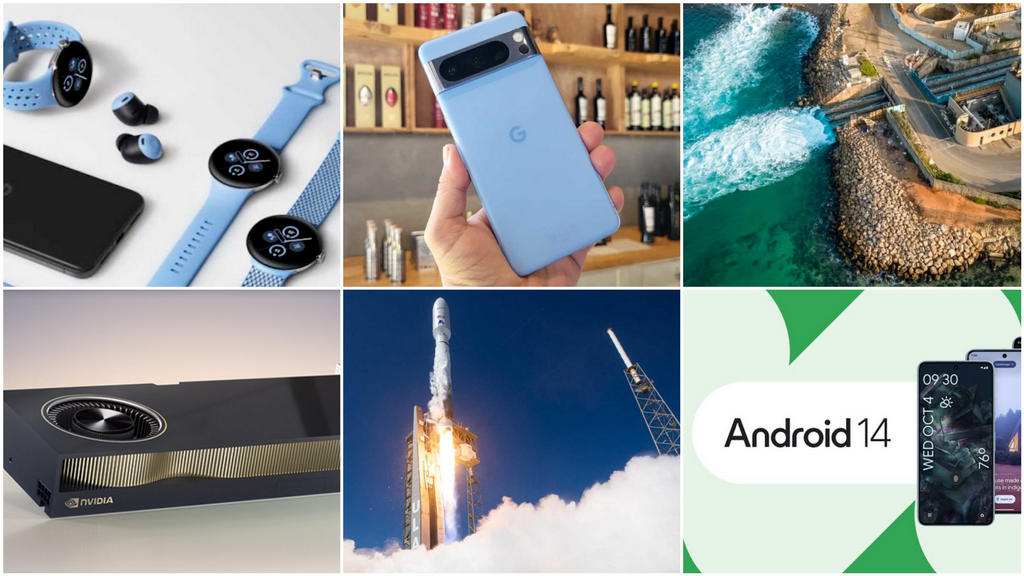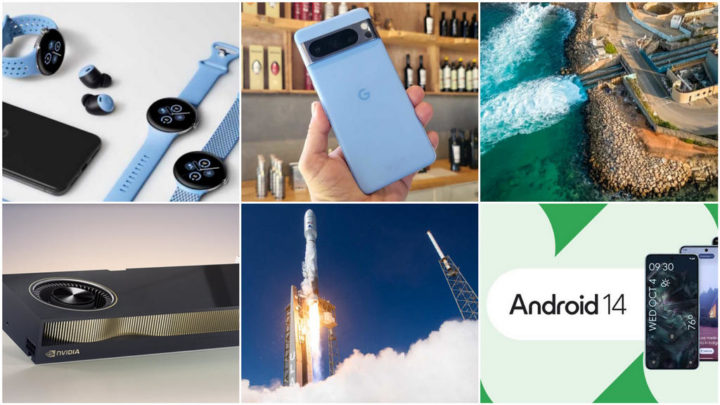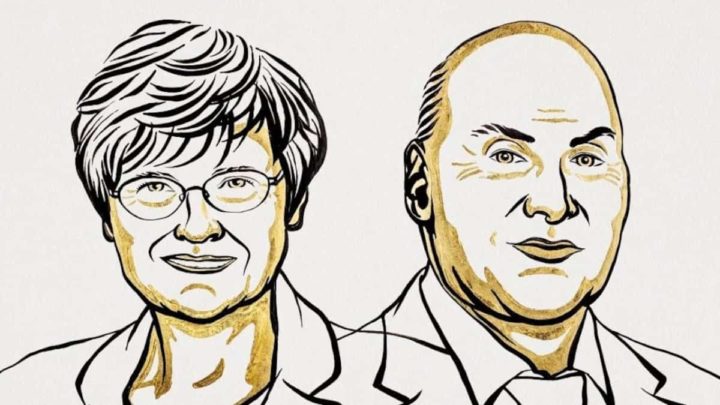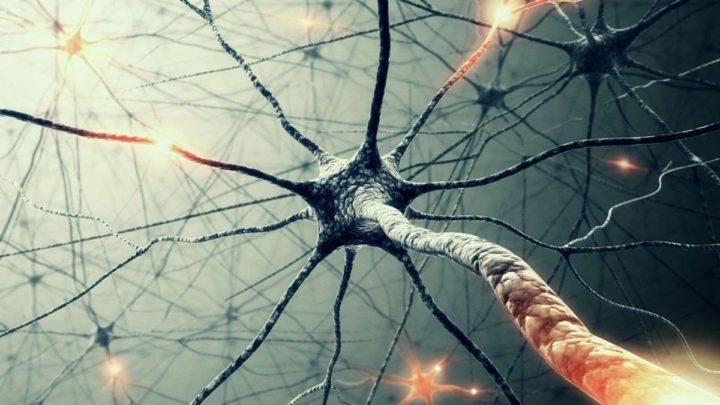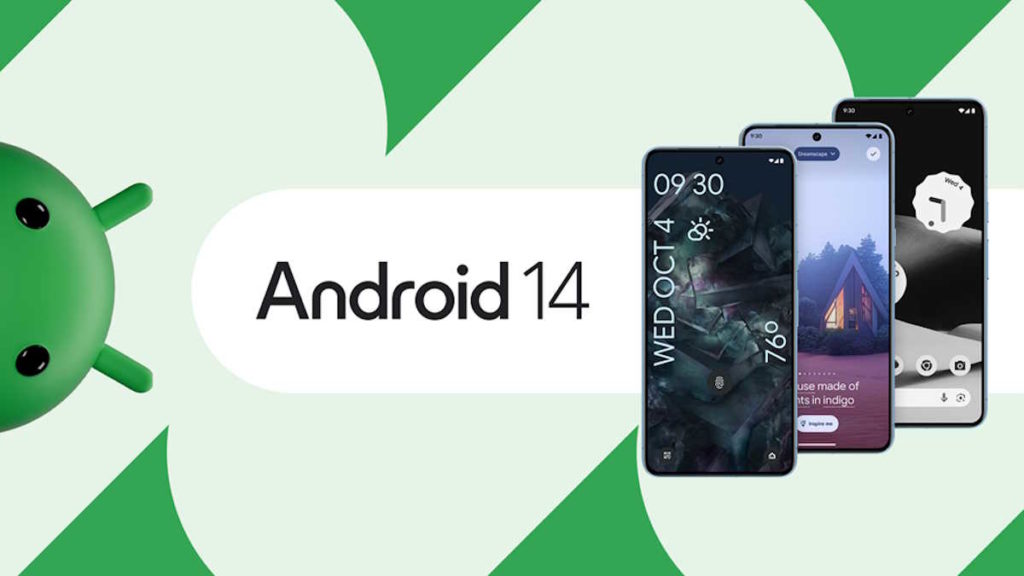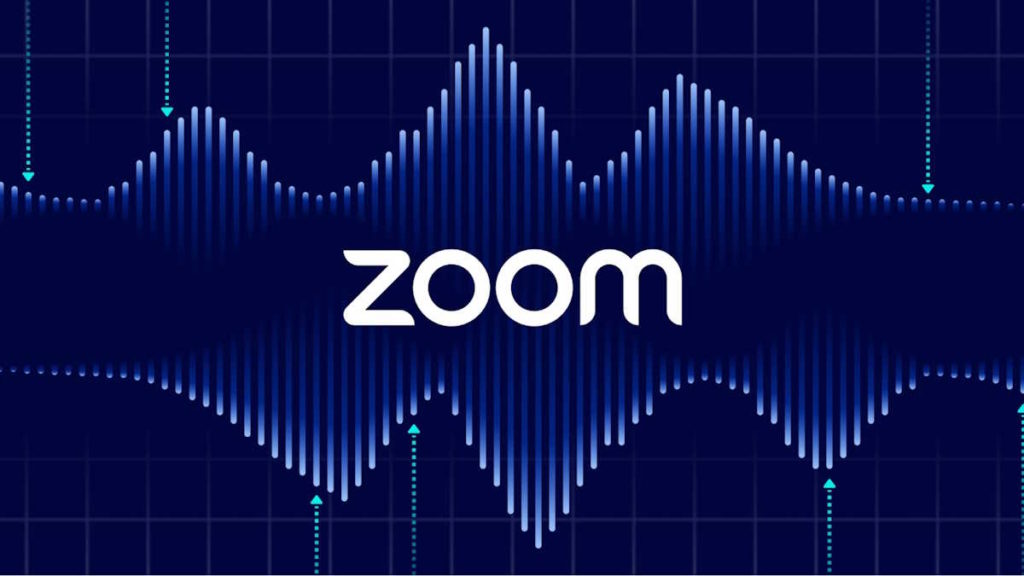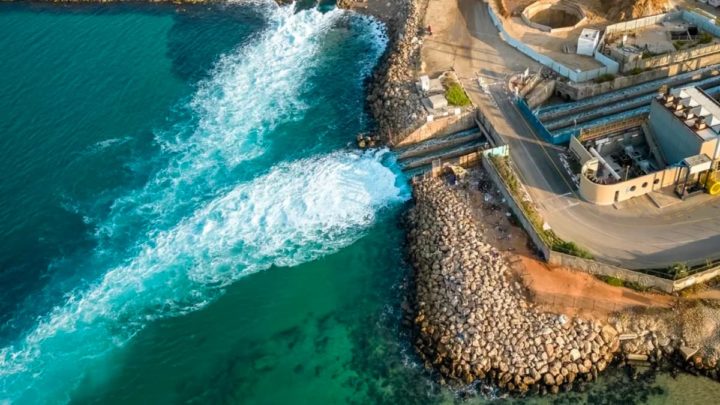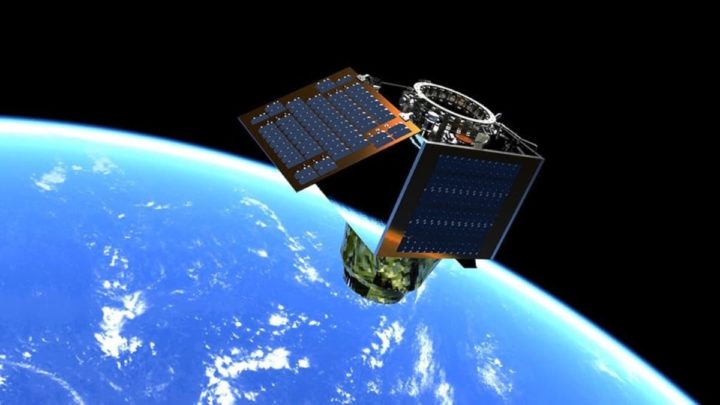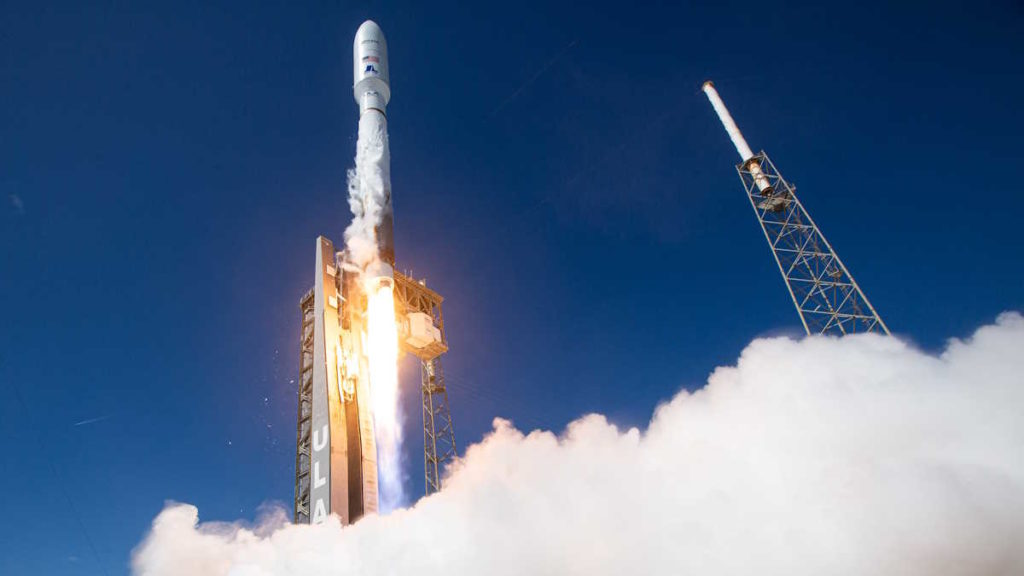Last week we talked about new Google launches, including the new Pixel 8 and Android 14, talked about the new Nvidia RTX 5000, several advances in science, and much more.
The Nobel Prize in Medicine was awarded for discoveries that allowed the development of mRNA vaccines against the coronavirus.
It seems like a strange idea, and in a way it is. The Massachusetts Institute of Technology (MIT) is working on liquid neural networks in collaboration with other famous universities, such as the Austrian Institute of Science and Technology. It is getting very promising results.
We've been talking about the new Pixel 8 and 8 Pro for some time, and they're Google's latest smartphones, with all their tech. This equipment has now been introduced and the biggest surprise is that this new cutting-edge equipment is finally available in Portugal, after many years of demand by consumers.
After a long wait, Google has just announced Android 14. It's been ready for some time, but the search giant has only now released it for Pixel smartphones. There are many new features and manufacturers can finally release their updates.
Nvidia's dominance in the graphics card sector is undisputed, from those in the home and gaming sector to the most powerful ones targeting data centers and artificial intelligence. The manufacturer recently launched the new RTX 5000 dedicated to the professional segment of workstations and servers, but the price is already around $ 5,000, which is higher than recommended by the brand.
Everyone knows Zoom as a dedicated tool for video conferencing and remote meetings during the pandemic. Those times have passed and Zoom continues to help us every day, but now it wants new areas. It has introduced Zoom Docs and wants to replace Google Docs and Microsoft 365.
Water reserves are a constant source of interest. In Portugal, although there is no talk of drought this year, the fact is that the amount of water fell in all river basins in September, according to data from the World Health Organization. Sunirah. There are misfortunes in the world due to the lack of drinking water. In fact, seawater could be an option, but the cost of desalination is itself a prohibitive factor. MIT scientists may have the solution.
It's called HOTSAT-1, and it's a kind of "flying thermometer," and it's already sent us the first thermal images of Earth. The company responsible for this satellite is confident that it will help "meet climate challenges."
Although Starlink is currently the satellite operator that dominates the market, Amazon wants to challenge this position. The Kuiper project continues at a rapid pace and has now taken a very important and major step. Amazon's first satellites have been launched into orbit.
The BBC has revealed the guidelines for its plan to explore the potential of generative artificial intelligence (AI) in areas such as journalism, archiving and personal experiences.

“Coffee trailblazer. Social media ninja. Unapologetic web guru. Friendly music fan. Alcohol fanatic.”

